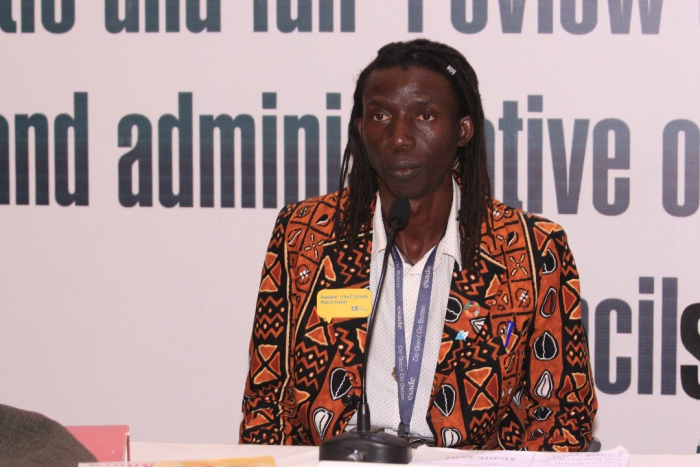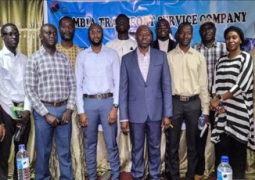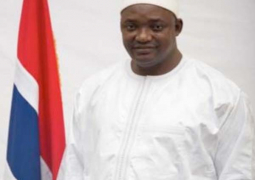
The project, which aimed to replicate a solar multifunctional platform and improve waste management in Banjul, ended prematurely due to delays and financial constraints.
Sambou clarified that although the MoU stipulated a payment of D3,423,000, Mbolo only received half of the amount. He submitted documentation, including payment vouchers and the MoU, to support his claims.
He described Mbolo as a charitable organisation dedicated to vocational training for women across various fields such as sewing, cooking, media, and solar installation. The organisation also runs a TVET school in Tujereng aimed at empowering women regardless of their background.
According to Sambou, BCC initiated contact with Mbolo in 2022, after a site visit which was followed by discussions involving a delegation from Ostend. The council proposed replicating Mbolo’s model in Banjul as part of the Crab Island redevelopment.
The project was intended to include solar panel training, waste management initiatives, and the installation of solar-powered multifunctional platforms, alongside equipment provision such as freezers and dryers. While technical assessments were carried out, Sambou admitted no formal report was submitted. He also mentioned that part of the initial payment was voluntarily refunded due to unfulfilled project components.
The MoU was later terminated, reportedly due to delays in the renovation of the Crab Island site. A meeting held in March 2024 concluded that Mbolo would withdraw from the project due to time and budgetary constraints.
Silvia Leopard, another Mbolo representative, also testified, confirming receipt of only 50 percent of the funds. She cited stalled renovation work as the main barrier to continuing the project. On the issue of procurement, Leopard stated that Mbolo used its own operational manual, which she claimed aligned with the Gambia Public Procurement Authority (GPPA) standards.
However, the commission challenged this assertion, pointing out that the MoU required strict adherence to GPPA regulations. Leopard acknowledged that while some procurement procedures were followed correctly, others were not, and Mbolo had failed to submit the necessary GPPA documentation, including single-sourcing procedures.




